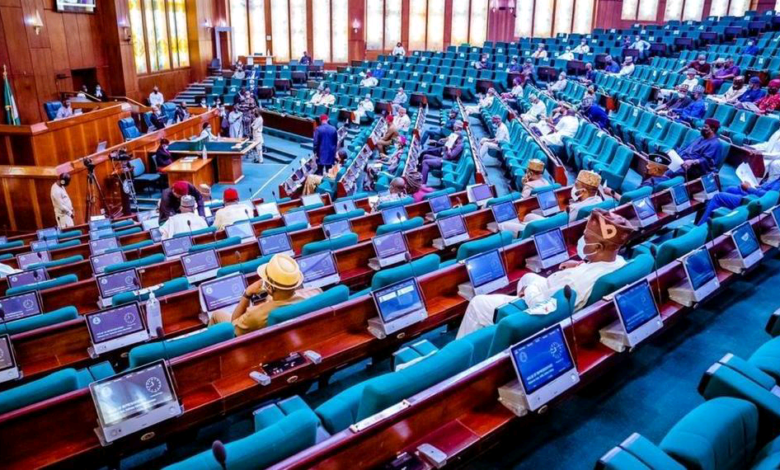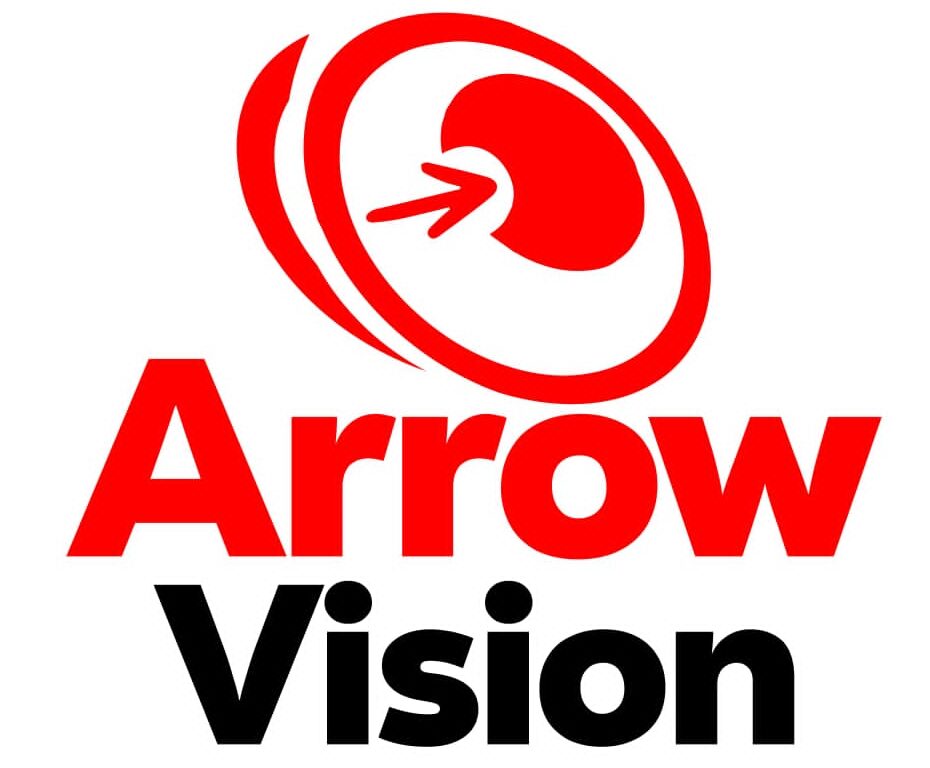Tax Reform Bills Will Produce Widely Acceptable Laws – Reps
Tax Reform Bills Will Produce Widely Acceptable Laws – Reps

James Faleke (APC-Lagos), Chairman of the House of Representatives Committee on Finance has assured Nigerians that the tax reform bills will produce widely acceptable laws.
He provided this assurance on Thursday after the House reviewed and adopted the report on the four tax reform bills during its session in Abuja.
The bills include the Nigerian Tax Bill, the Tax Administration Bill, the Revenue Tax Board Bill, and the Nigerian Revenue Service Establishment Bill.
“These bills underwent three full days of public hearings, with input from over 80 key stakeholders. Afterward, we held an eight-day retreat to debate each clause.
“I am glad that House members recognised our thorough work and approved all our recommendations,” Faleke said.
He expressed appreciation to fellow lawmakers and Nigerians who engaged with the bills, assuring that the resulting laws will be acceptable to all.
Faleke also thanked the House leadership for entrusting his committee with processing the tax bills and presenting them for consideration.
He commended President Bola Tinubu for prioritising tax law reforms, noting that some existing tax laws date as far back as 1959.
“We cannot continue using outdated tax laws that no longer meet our business, survival, and revenue needs,” he stressed.
Deputy Committee Chairman, Saidu Abdullahi (APC-Niger), said no bill in the 10th Assembly had generated as much debate as the tax reform bills.
He praised Speaker Tajudeen Abbas for fostering consensus among stakeholders, ensuring broad-based input into the legislative process.
Abdullahi highlighted that representatives from all geopolitical zones and regional thought leaders were involved, easing public concerns.
“The committee’s recommendations reflect the contributions of various stakeholders.
“These were never seen as perfect documents. The Executive made proposals, and the public hearing allowed Nigerians to refine them. Lawmakers have now endorsed the final version,” he added.
Source: NAN




